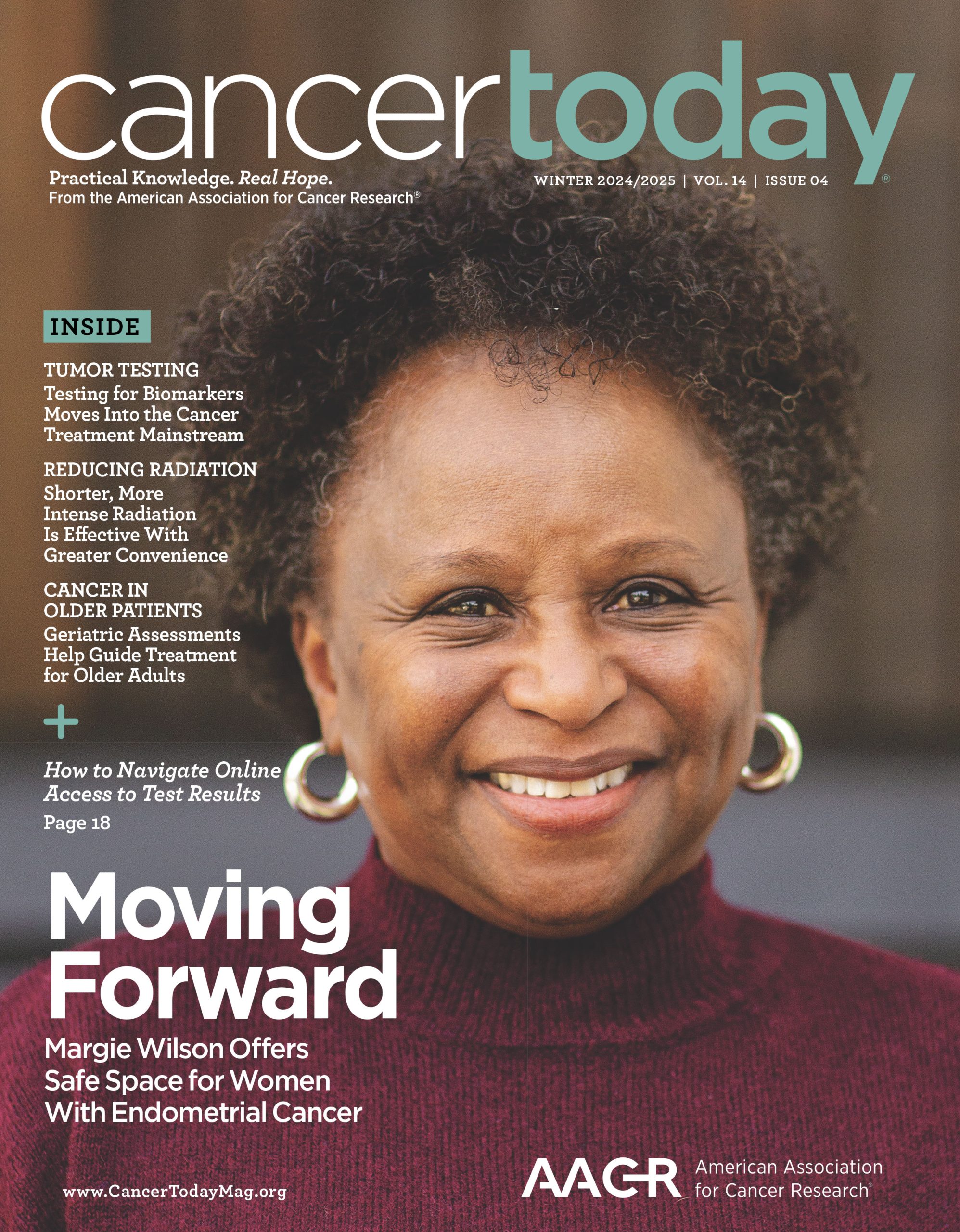Doctor Raises Awareness of Cancer’s Costs
During her husband’s treatment for neuroendocrine cancer, Fumiko Chino knew her family was struggling financially. Debt collectors continued to call her even after her husband’s death. But it wasn’t until Chino went to medical school that she found a label for her experience. “As our lecturer described the ‘financial toxicity’ of cancer care, I finally had a phrase for what had happened to my life,” Chino writes in an Aug. 11 Los Angeles Times op-ed, which includes illustrations by palliative care doctor Nathan Gray. Today, Chino is a radiation oncologist and financial toxicity researcher at Memorial Sloan Kettering Cancer Center in New York City.
Black and Hispanic Patients Underrepresented in Trials
Cancer patients who are black or Hispanic are less likely than white or Asian patients to be included in oncology clinical trials, according to a study published Aug. 15 in JAMA Oncology. Researchers reviewed 230 trials that led to the approval of cancer drugs by the U.S. Food and Drug Administration between 2008 and 2018, looking at the composition of the trials compared to U.S. cancer incidence in various races. They found that the number of black patients enrolled in trials was 22% of what would be expected based on cancer incidence, and Hispanic participation was 44% of what would be expected. White representation was proportionate to cancer incidence in this group, while Asian participation was higher than would be expected based on incidence.
FDA Issues Third Tissue-Agnostic Approval
The U.S. Food and Drug Administration (FDA) on Aug. 15 approved the targeted therapy Rozlytrek (entrectinib) for patients whose cancers have fusions in an NTRK gene. The drug is approved for patients age 12 and up whose cancers are metastatic or who have tumors in locations where surgery would cause severe complications. The drug is intended for patients who do not have other satisfactory treatment options or whose cancers have progressed following other treatment. This is the third time the FDA has approved a drug across cancer types for patients with specific mutations, called a tissue-agnostic approval. Rozlytrek is also approved for patients with metastatic non-small cell lung cancer (NSCLC) with ROS1 mutations. Another drug, Xalkori (crizotinib), has been previously approved for patients with ROS1-positive NSCLC. Unlike Xalkori, Rozlytrek can cross the blood-brain barrier, making it a potentially effective treatment for patients with brain metastases.
Cancer Today magazine is free to cancer patients, survivors and caregivers who live in the U.S. Subscribe here to receive four issues per year.





